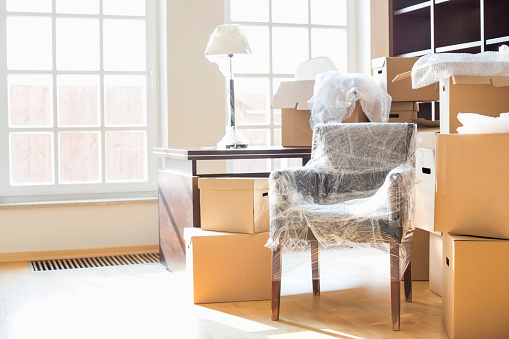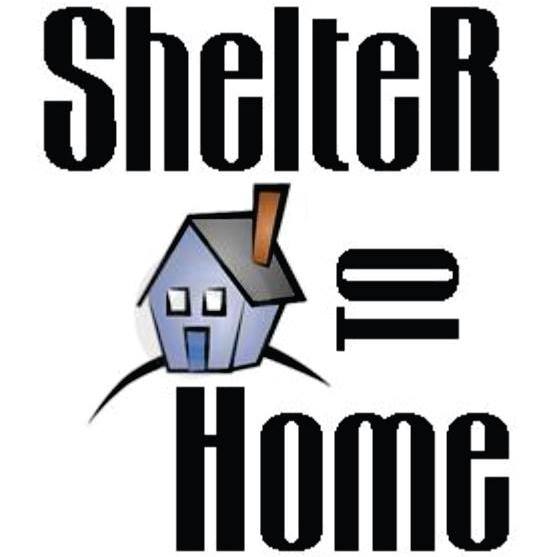So you are finally ready to move out of your parents home. Whether it’s for school, work or another major life event – there’s a good chance that your new place of residence will be smaller than your family’s home. This means you’ll have to start downsizing your stuff and think about the differences between house and apartment living.
Living in the downtown core or in a collage/university town would bring about a lot of change for you. Exciting as it can be, there are a several factors that you will want to keep in mind when moving into an apartment and smaller space.
- Will you be living alone or with a roommate? If you will be living alone, there would not be much to consider but if you are living with a roommate, you will want to make sure to set roommate guidelines. Who will be in charge of paying the bills? Will you be buying your own groceries? You want to make sure that you understand each other’s lifestyles and learn to adjust to it.
- Will you be moving on a weekday or a weekend? If possible, schedule your move on a weekend when it is a quieter day. Moving on a weekday would mean competing with heavy traffic and it could make your move more stressful than it already is. If you expect the move to be quick, still try to avoid rush hour and do it in the middle of the day.
- Did you book the elevator? Moving into an apartment is very different from moving to a house. One main difference is the elevator, moving into your apartment will mean having to use the elevator to move all your furniture because you would not want to carry that heavy couch up the 16 flights of stairs! Living in an apartment complex would mean having to book the elevator for your move. Book the elevator with the apartment concierge and remember to bring a cheque to write as a deposit in case any damage is done to the elevator.
- Will all furniture be moved from your current home or will they be newly purchased? If you will be purchasing new furniture, remember to order in advance. There is usually a few day lag time between purchase and delivery date. You want to make sure that you have access to your apartment before your new furniture arrives or else it will be hectic to arrange for your furniture to be delivered again and you could be charged extra for the re-delivery.
Living in a house and living in an apartment is different and there are a lot of changes to adjust to.
Are you ready for these changes?
- Cost: A house generally costs more than an apartment. Utilities should also cost more for a house compared to an apartment because of the larger space.
- Space: A one-bedroom apartment is usually around 600 to 800 square feet, which is much smaller than most houses. A small house starts at around 1,000 square feet. An apartment does not offer a yard and there is usually no place to sit on the porch while a house offers both options.
- Maintenance: Living in a house means a lot more property to take care of – your lawn, backyard – and not to mention, shoveling when the snow comes. Living in an apartment gives you the chance to not have to care for your “lawn” or the need to shovel snow. Generally, a smaller property would mean less to take care of.
- House Rules: Apartments usually have more strict rules than a house because of the space and closeness of neighbours. You may not be allowed to have pets or be restricted from modifying the interior of the suite. There may also be limitations on having friends stay over in an apartment than in a house.
- Amenities: Close by amenities really depend on where you house is located, you could be a few minute walk from a gym or you could be half an hour drive to one. Stores are usually closer in proximity in populated areas so shopping for basic essentials and groceries would be more convenient if you lived in an apartment in the downtown core. When you live in an apartment, depending on what amenities it offers, you could have quick and easy access to a swimming pool. Even though you will not have to spend an extra $50/month on that gym membership, would you be willing to share those amenities with those living in your apartment complex?
- Security: Apartments most often hire a team of trained security guards who provide security guard services for their private property making living in an apartment safer than a house at times. A lot of apartment complex feature secure front doors which can only be opened with a code, card, or fob.
Living in a house or an apartment is all up to your personal preference and lifestyle. Welcome to the residents side and enjoy winter with no back pains from snow shovelling!
Prepare for your move with this moving checklist!








